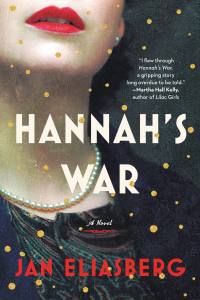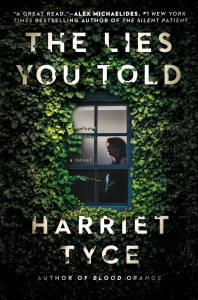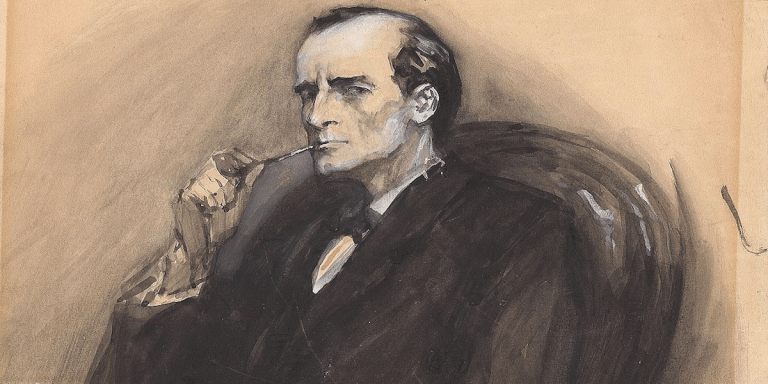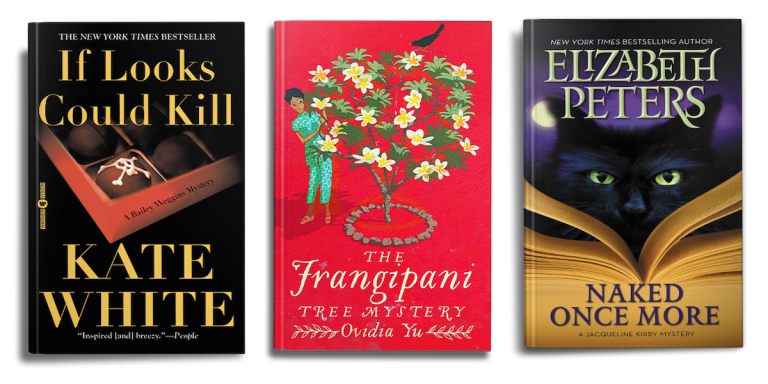Talking Murder at the Dinner Table: A Guide
The etiquette around talking murder: How not to scare your family during the holidays. We asked. Authors answered.
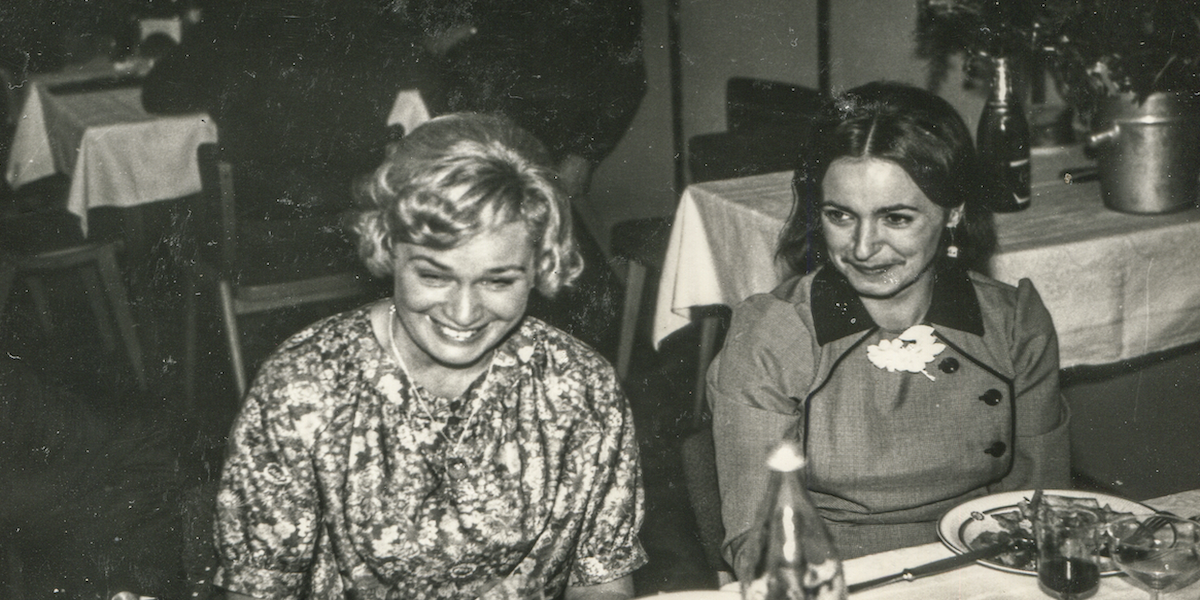
Manda Collins, author of A Lady’s Guide to Mischief and Mayhem Says:
One would hope that as civilized people, we are capable of enduring at least one holiday gathering with family without talking about murder, however, as someone who writes about murder for a living, it’s hard to avoid the topic when a cousin I haven’t seen in a few years asks about my latest project. Fortunately, there are ways to soften the rough edges of this most disturbing of conversational gambits.
A tried-and-true method of preventing fear amongst your holiday celebrating family members is to limit your discussion to murders that happened a long, long, long time ago. There’s something about the patina of history that shields us from putting ourselves in the shoes of long-ago victims of crime. So, instead of bringing up the Golden State Killer, talk instead about the Black Dahlia (though do not, under any circumstances reveal the new detail you just learned about her killer forcing her to eat dirt–this is horrific and will most certainly terrify your Great Aunt Mabel).
Another tactic might be to speak about murder through the lens of some pop cultural phenomenon. It’s a rare year in which there isn’t some prestige TV series that focuses on a killer of some sort. Or better yet, this year, we’ve got the new incarnation of Unsolved Mysteries on Netflix. Use your holiday table to crowd source a solution for one of the eerie crimes at the focus of these two new seasons. Maybe you can help solve a mystery!
Whatever method you choose, know that your family loves you and they very likely know about your fascination with murder. And thanks to the pandemic, you may very well be having your gathering via Zoom this year. So, if worse comes to worst, you can always plead technical difficulties.
England, 1865: Newspaper columnist Lady Katherine Bascomb finds herself the subject of speculation when her latest article leads to an arrest in the murders plaguing London. The English believe women ought not to write about such vulgar things as crime, and a particularly attractive detective inspector is incensed that she's interfered with his investigation. To escape her sudden notoriety, Katherine heads to the country-only to witness a murder upon her arrival.
Jan Eliasberg, author of Hannah’s War Says:
My brother, sister and I were gathered around the laden dining table. The room was filled with the scent of roasted apples, onions, and sage. A wood fire spit crackling sparks. It was a perfect Thanksgiving until my sister said, “So, I got a peek at your manuscript…”
Silence, but for the discordant screech of tines against china. I knew what “getting a peek” really meant; it meant that my sister had stolen into my bedroom, brazenly opening drawers and scrounging through my things until she found my manuscript, the autobiographical one I had buried deep under the clothes in my hamper. The one I still hadn’t found the right time to talk with them about. She glared at me, waiting for me to speak.
“I’d better check on dessert,” I mumbled. Scraping my chair back, I escaped to the kitchen, where the cranberry tart sat in its bakery box. My brother’s louder voice echoed from the dining room, “What the hell did she write about us?”
“It isn’t what she wrote,” my sister responded, her voice ascending towards a plaintive howl, “It’s what she didn’t write.”
“What do you mean?”
“She wrote an autobiographical novel about our family and left us out. She killed us.”
It was true. I’d committed not one, but two, murders. I thought the bodies were well hidden, but the dead returned to haunt me like Hamlet’s father’s ghost, crying, “Murder. Murder most fowl.”
Award-winning filmmaker Jan Eliasberg's Hannah’s War, for readers of The Nightingale and The Alice Network, is a thrilling historical debut about a female scientist working to develop the first atomic bomb during World War II, and the young military investigator determined to uncover her secret past.
Harriet Tyce, author of The Lies You Told and Blood Orange Says:
It’s been a tough year, that’s for sure. We could all do some peace and calm over the holidays. So maybe this is the year I’ll learn to behave. Maybe this year I won’t pick up the roasting dish for the turkey and say with a smile that it’s big enough to fit a small child. Maybe I won’t sharpen the carving knife, once, twice, look over at my husband and ask if he knows that it’s the arteries you have to aim for if you want to kill someone, not the jugular vein. Maybe I won’t tell them that the most effective way of hiding a corpse is feeding it to the pigs as I hand them the festive sausages. Maybe I won’t go round the table and ask them each in turn what would motivate them enough to kill someone – just for research purposes, of course. Maybe I won’t lecture them this year about the principle of Chekhov’s rifle, that any weapon described at the beginning of the play needs to have been used by the end, as I hack pieces of flesh from the turkey in an aggressive way.
Or maybe I will. So much has changed – my kids need some consistency. Dinner table conversation is much more fun round ours. Give it a go with dessert! Take it in turns. Who would you most like to kill, and why? A prize for the most inventive murder.
From the acclaimed author of Blood Orange, a dark new psychological thriller about the perfect mother, the perfect wife, the perfect family—and the perfect murder. In the playground it's the law of the jungle. But at the school gate, there are no rules at all...
Related: Read an Excerpt From The Lies You Told By Harriet Tyce
By clicking 'Sign Up,' I acknowledge that I have read and agree to Hachette Book Group’s Privacy Policy and Terms of Use
